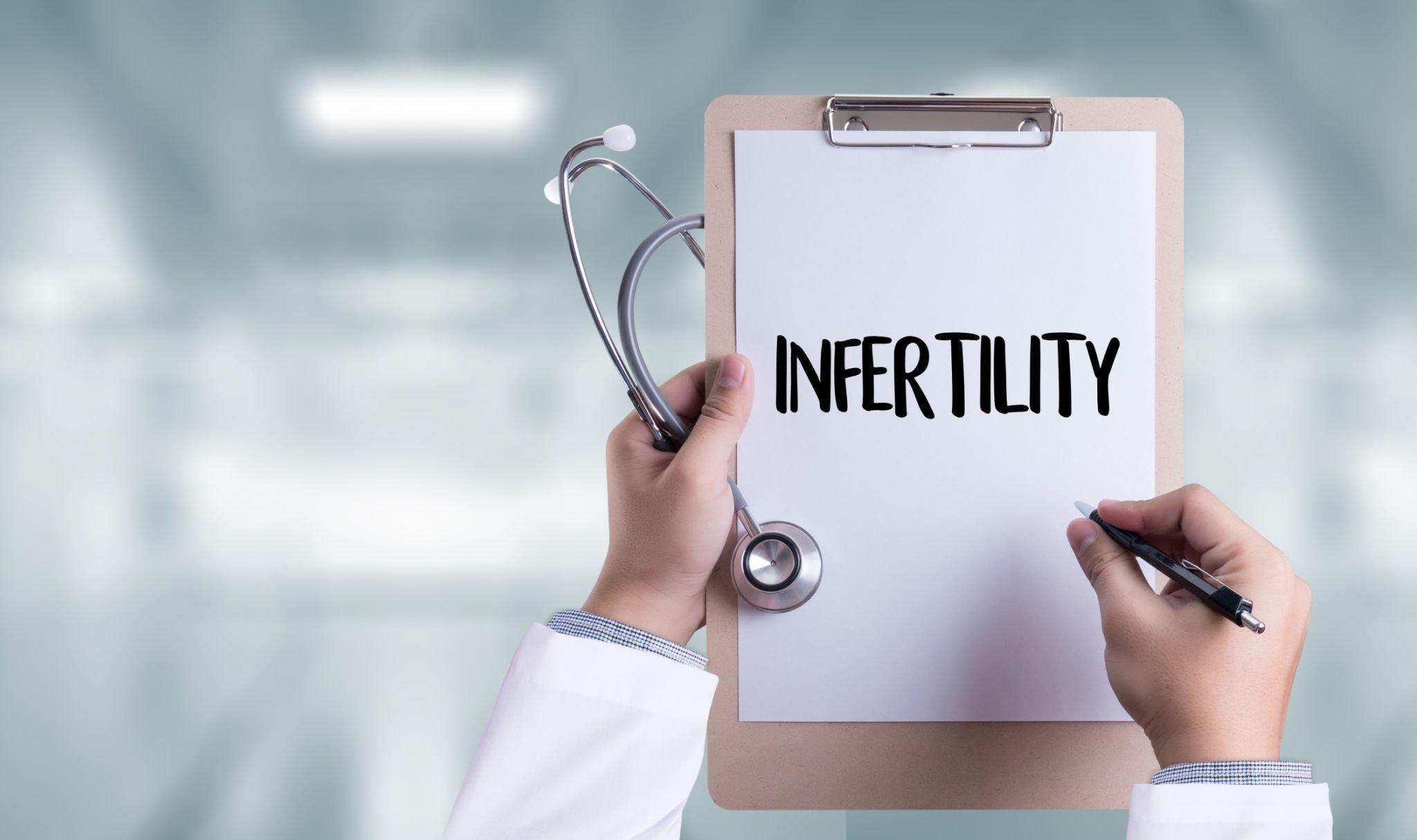Infertility occurs when a couple is not able to conceive even after regular unprotected sex. Around 1 in 6 couples in the UK may experience difficulties in conceiving. A couple can only be considered as infertile if they have been trying to conceive for a year but had no success.

They can either be having primary or secondary infertility. Primary infertility is when the person is completely unable to conceive. Secondary infertility is when the person has earlier conceived but is not able to do so again.
Getting help with infertility
Couples facing fertility issues and not able to conceive may visit a clinic for fertility treatment, which is the best option if they have been trying to conceive for a year or even more without success. The clinic will have a fertility consultant who can assess your fertility issues and help you conceive sooner.
Infertility can be caused due to many factors in both males and females that need to be properly diagnosed with fertility tests and only then the treatment is considered in the context of the married couple.
Some couples won’t have an explanation for their infertility, even after thorough tests and investigations. This diagnosis might be frustrating a lot of the time. The duration of infertility in such cases is the best indicator of the chances of future natural conception.
Hence, the longer the infertility period, the earlier intervention should be thought of.
Causes of infertility in males
Male infertility can be due to these factors.
Read also: Treat Your Respiratory Allergies with Medicinal Properties of Tiger Milk Mushroom
Semen and sperm count problem
Sperm issues make fertilization difficult with the egg.
Certain factors that make it difficult for the sperm to fertilize with the egg are:
- Having a sperm count lower than 15 million
- Having low sperm mobility
- Having odd-shaped sperm that has difficulties in fertilization of the egg.
Issues with the sperm may result due to:
- An illness that might be cancer, surgery, or a testicular infection.
- Overheating of testicles which might be due to an undescended testicle, a varicose vein in the scrotum, using saunas or hot tubs, or wearing tight clothing working in hot conditions.
- Ejaculation problems when semen may be ejaculated into the bladder if the ejaculatory ducts are blocked.
- Hormonal issues like Hypogonadism can result in testosterone deficiency.
- Genetic issues like abnormally developed testicles, low testosterone, or poor sperm count.
- Chemotherapy or radiation.
- Occurrence of mumps after puberty that affects sperm count.
- Cystic fibrosis.
- Anaemia, diabetes, thyroid issues.
- Medications like steroids increase the risk of infertility in males.

Causes of infertility in females
Fertility issues in females are due to various reasons.
Ovulation disorders
Around 25% of infertility issues in females are due to ovulation disorders in which the eggs might be released only sometimes or they might not be released at all.
Ovulation problems can be due to:
- Thyroid problems due to hormonal imbalance.
- Hyperprolactinemia in which the prolactin levels are high causes problems in conceiving.
- PCOS or polycystic ovary syndrome causes irregular or extended menstrual cycles and interferes with ovulation.
- Issues with the uterus or fallopian tubes make it difficult for the eggs to pass from the ovary to the uterus or womb.
- Chronic diseases like AIDS or cancer.
- Primary ovarian insufficiency or POI is when the ovary stops functioning normally before the age of 40 years.
- Poor quality of eggs.
- Surgery resulting in fallopian tube injury or shortening of the cervix.
- Tumors in the uterine walls block the fallopian tube and prevent sperm from fertilizing with the egg.
- Endometriosis is when the cells that ordinarily line the uterus start to grow in other parts of the body.
Lifestyle impact on fertility
Your lifestyle has an impact on your fertility. The best tips for increasing fertility are:
- Avoid smoking
- Avoid heavy drinking
- Limit your caffeine intake to 200mg
- Stay active
- Avoid illegal drugs
- Maintain a healthy weight.
Treating infertility

Infertility treatment depends on factors like age, duration of infertility, personal preferences, and overall health. Males are advised to go for surgery for erectile dysfunction while females are prescribed fertility medications. Surgery may be recommended if the fallopian tubes are blocked for the eggs to pass through easily. Doctors may also advise IVF.
There is no reason to lose heart with so many more options for fertility treatment than ever for couples who struggle with infertility and wish to conceive. Visiting a good fertility clinic will help you know about the available options as the safety and success rates have been improving with time.



